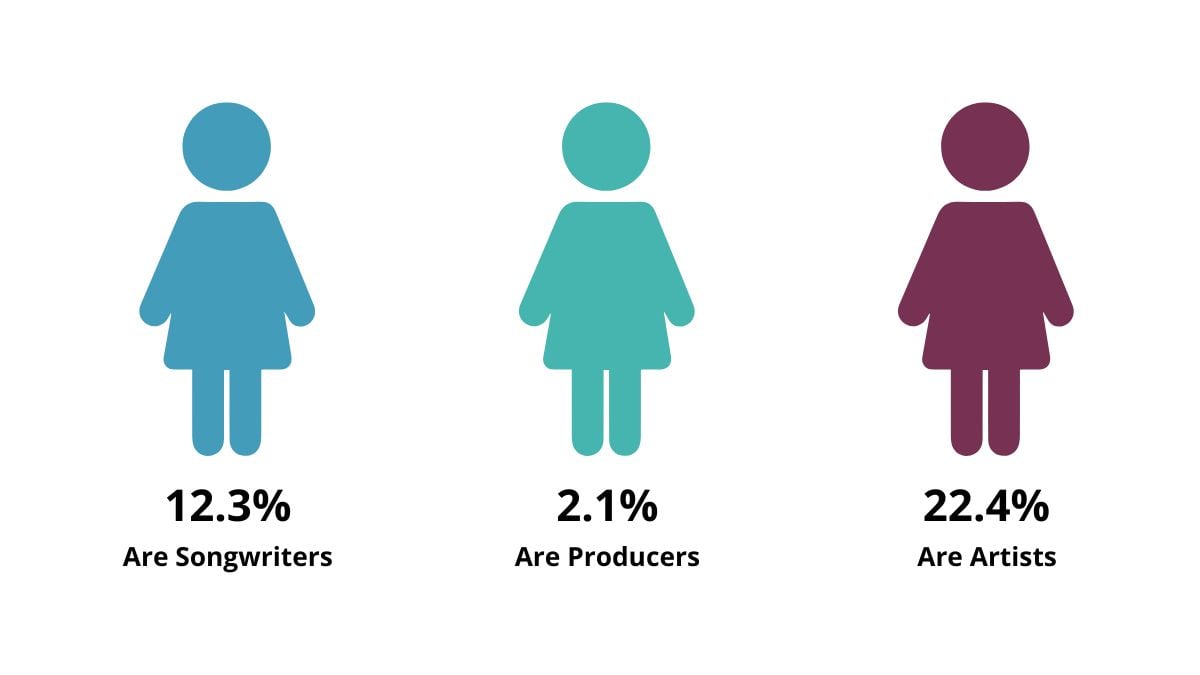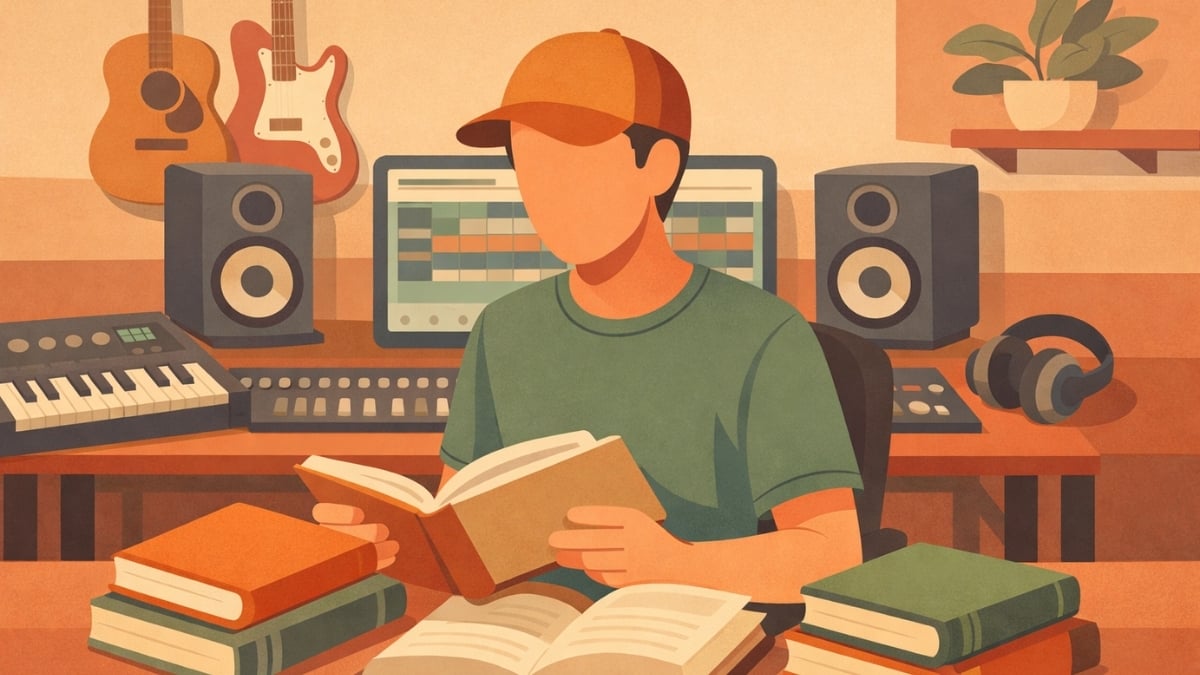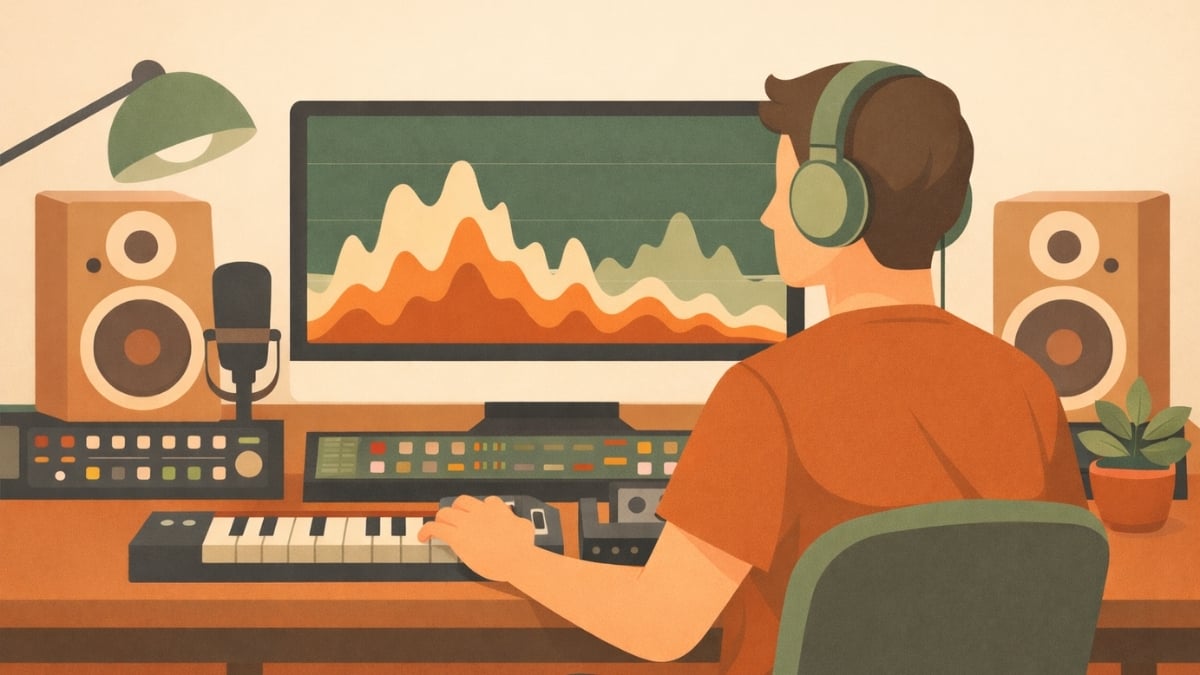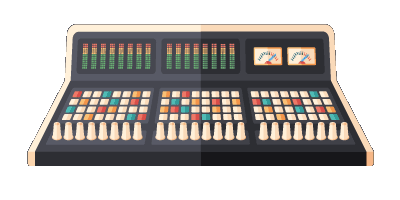Women in Music: How the Music Industry is Failing Female Songwriters and Producers

Join Women & Non-Binary Space on SoundGym to empower and support women in the music industry, and to be part of a safe and inclusive space where we can share our experiences, challenges, and successes.
Gender inequality in the music industry is a pervasive problem that has been around for a long time. Despite the many talented and successful women in the industry, they continue to face discrimination and unequal treatment in many areas.
Unequal Pay and Opportunities for Female Artists
One of the most obvious ways in which gender inequality manifests in the music industry is in the unequal pay and opportunities afforded to male and female artists. Research has shown that male artists are consistently paid more than their female counterparts, and are more likely to be given opportunities to headline major music festivals and tours.
For example, a study by the University of Southern California found that only 22.4% of the top 600 songs on the Billboard charts between 2012 and 2017 were performed by women or bands with at least one female member. This lack of representation is particularly striking given that women make up almost half of the music industry’s workforce.
Sexualization and Objectification of Women in the Media
Another area where gender inequality is prevalent in the music industry is in the representation of women in the media. Many female artists are sexualized and objectified in their music videos, album covers, and other media appearances. This often reinforces harmful gender stereotypes and can lead to women being seen as objects rather than as talented and capable musicians. This can also contribute to the widespread prevalence of harassment and abuse in the industry, as women are often seen as fair game for predatory behavior.
Undervaluing the Contributions of Women to the Music Industry
Furthermore, the music industry has a long history of undervaluing the contributions of women to the field. From songwriting to production, women have often been excluded from the creative process, and their contributions have been overlooked or credited to male collaborators. This can make it difficult for women to gain recognition and respect in the industry.
In fact, a study by the Annenberg Inclusion Initiative found that only 12.3% of songwriters and 2.1% of producers on the top 600 songs on the Billboard charts between 2012 and 2017 were women. This lack of representation not only deprives women of the recognition they deserve, but it also means that the music industry is missing out on the unique perspectives and talents that women can bring to the table.

Promoting Female Artists and Challenging Gender Stereotypes
One of the ways in which the music industry can address gender inequality is by promoting female artists and giving them the same opportunities and recognition as their male counterparts. This can include making sure that women are equally represented in major music festivals and tours, and ensuring that they are paid the same as men for the same work. It can also mean providing more support and resources for women who are just starting out in the industry, such as through mentorship programs and networking opportunities.
Sexualization and Objectification of Women in the Media
Another important step is to challenge and combat harmful gender stereotypes in the media. This can be done by promoting more diverse and nuanced representations of women in music videos and other media, and by holding the industry accountable for the messages it sends about gender. This can involve working with artists and industry leaders to develop more inclusive and respectful marketing and media strategies, and making sure that women are not objectified or sexualized in ways that reinforce harmful gender stereotypes.
Recognizing and Valuing Women's Contributions to the Music Industry
Finally, it is important for the music industry to recognize and value the contributions of women to the field. This can include giving women more opportunities to participate in the creative process and ensuring that they receive credit for their work. This can involve providing more support for women who are songwriters and producers, and making sure that their contributions are recognized and valued.
Creating a More Equitable and Inclusive Music Industry
Overall, gender inequality in the music industry is a pervasive problem that needs to be addressed. By promoting female artists, challenging harmful gender stereotypes, and valuing women's contributions to the field, the industry can help create a more equitable and inclusive environment for everyone. It is important for the industry to recognize the unique talents and perspectives that women bring to the table, and to make sure that they are given the same opportunities and recognition as male musicians.



Comment on this post on SoundGym Community